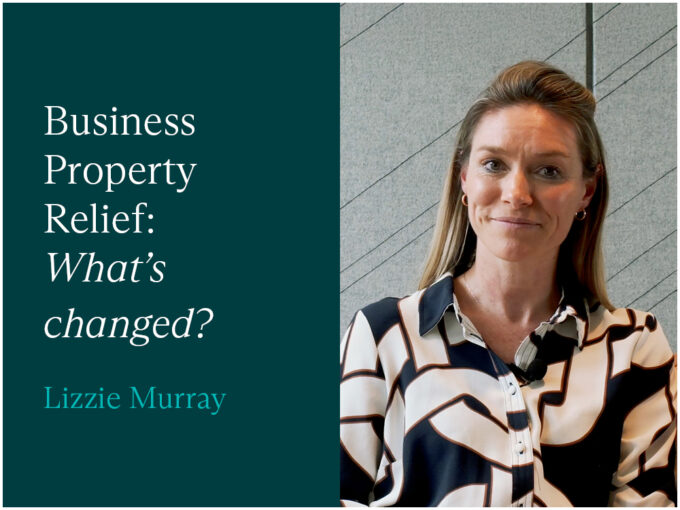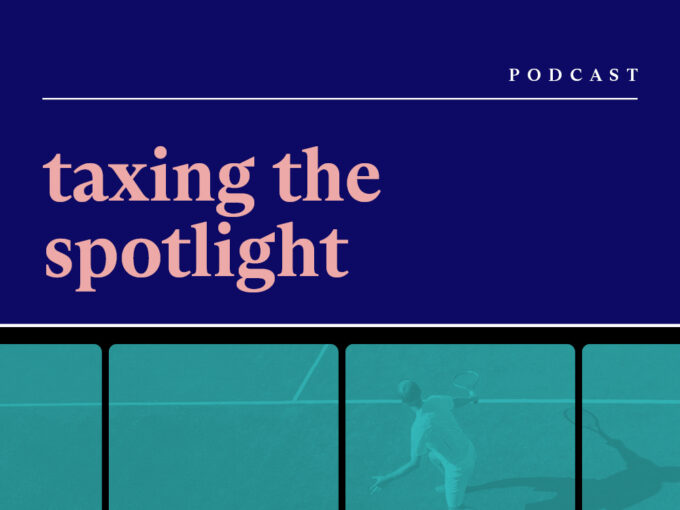Capital gains tax (CGT) is generally charged if you make a profit when you dispose of an asset. To ensure you don’t pay more CGT than you need to, we’ve summarised some of the ways you can reduce or eliminate any tax charge.
The ideas include being aware of assets that are exempt from CGT, making use of your CGT annual exemption and understanding the available CGT reliefs. The most valuable relief is Private Residence Relief, which saves taxpayers more than £35 billion a year, but there are plenty of other reliefs for you to think about.
Individuals who are resident and domiciled in the UK pay CGT on their worldwide gains in the tax year in which the gains arise. The CGT position for other individuals can be more complicated and is not covered in this article.
A disposal for CGT purposes includes the sale, gift, exchange, loss or destruction of an asset.
Capital gains tax rates
The rate at which you pay CGT depends on the type of asset you dispose of and your other income:
Exempt assets
If an asset is exempt from CGT any profits from disposal aren’t taxable (and losses aren’t generally allowable). Exempt assets include:
- Cars,
- Chattels (being tangible movable property) with a useful life of 50 years or less (known as ‘wasting chattels’), and
- Chattels sold for £6,000 or less (known as ‘cheap chattels’).
The wasting chattel exemption doesn’t apply if the chattel is plant or machinery qualifying for capital allowances. Special rules apply where a cheap chattel is sold for more than £6,000 but the cost was £6,000 or less, to restrict any gain to a maximum of 5/3 of the sale proceeds over £6,000.
Annual CGT allowance
Everyone has an annual exempt amount for CGT (or annual exemption). From 6 April 2024, the annual exemption for an individual is £3,000 (for 2023-24 the exemption was £6,000). This means that your first £3,000 of capital gains in a tax year are not chargeable to CGT. Any unused annual exemption cannot be carried forward or transferred to another person, therefore you should try and make use of your allowance each year to reduce your overall CGT liabilities in the future.
Income tax basic rate band
Given that the rate you pay CGT depends in part on whether you have any unused income tax basic rate band, make sure you claim all the income tax allowances you are entitled to. You can also consider increasing your basic rate band by making pension contributions or Gift Aid donations.
Transfer assets between spouses and civil partners
Transfers between spouses and civil partners are normally deemed to take place at ‘no gain/no loss’ and therefore no CGT is payable. If you’re married or in a civil partnership consider transferring assets between you and your spouse/civil partner, or putting them in joint names, before a sale so that as a couple you can use both annual exemptions (and basic rate bands). Such transfers must be made outright and without preconditions to be effective for tax purposes.
From 6 April 2023, separated couples can continue to benefit from the no gain/no loss treatment on transfers up to three years after the tax year of separation or, if later, the date a court grants the divorce, annulment or separation.
Capital gains tax losses
If your net capital gains for a year are likely to be more than your annual exemption, you could reduce the CGT you have to pay by selling a loss generating asset in the same tax year. If you choose to do this, take care not to reduce your gains below the annual exemption as this could result in all or part of the allowance being wasted.
You may also be able to deduct a trading loss against capital gains of the current year or the previous year (but only if it can’t be offset against current or prior year total income).
Capital gains tax main residence
If you sell your home any profit you make will usually be exempt from CGT because of Private Residence Relief. However, the relief can be restricted if you have more than one home, you haven’t lived in the property for the whole of the time you owned it, you used it for business or you’ve let the property out. In very limited circumstances lettings relief may apply. For more see our Private Residence Relief article.
Venture capital schemes
The CGT reliefs applying to these three schemes depend on you and the entity invested in meeting strict qualifying conditions. The rules are complex and if you’re considering such investments you should obtain specific advice.
Enterprise investment scheme (EIS)
- Capital gains on the disposal of any asset can be deferred by reinvesting the gain in qualifying EIS shares, provided the reinvestment is made within one year before and three years after the disposal,
- Capital gains on EIS shares are not subject to CGT after three years of ownership, provided income tax relief has been obtained (capital losses are allowable).
Seed enterprise investment scheme (SEIS)
- Capital gains on the disposal of any asset can be made 50% exempt by reinvesting the gain in qualifying SEIS shares, provided the reinvestment is in the same tax year,
- Capital gains on SEIS shares are not subject to CGT after three years of ownership, provided income tax relief has been obtained (capital losses are allowable).
Venture capital trust (VCT)
- Gains are generally exempt from CGT (but capital losses aren’t allowable).
Business Asset Disposal Relief (BADR)
BADR reduces the rate of CGT to 10% on disposals of qualifying business assets, up to a lifetime limit of £1 million per person. To ensure you qualify for this relief you should check well in advance of any disposal that the relevant conditions are met and consider whether you can carry out any pre-sale restructuring that might help you maximise the relief. For more see our Business Asset Disposal Relief article.
Investors’ relief
Investors’ relief reduces the rate of CGT to 10% on disposals of qualifying shares in unlisted trading companies held for at least three years, up to a lifetime limit of £10 million per person.
Employee ownership trusts (EOTs)
Employee ownership trusts (EOTs) enable business owners to transfer a controlling interest in their business into employee ownership without paying CGT. For more information see our Employee ownership trusts factsheet.
ISAs
Gains on assets held in an ISA are not subject to CGT. As you can invest up to £20,000 into an ISA per tax year, you should consider using this allowance every year to make the most of the associated CGT relief.
Transfers to connected persons and trusts
Gifts of assets to ‘connected persons’ or trusts are deemed to take place at market value for CGT purposes. In both instances, gifting an appreciating asset can be beneficial, as any future capital growth is removed from your personal estate. Particularly in the case of a trust care needs to be taken to avoid an immediate inheritance tax charge (for example by using business or agricultural property relief or the inheritance tax nil rate band).
It’s important to bear in mind that capital losses arising from these transfers can only be offset against future gains on disposals to the same connected person or trust.
This is a complex area and tax advice should always be sought before making any transfers to connected persons or trusts.
Gift or holdover relief
If CGT is due on a gift, or transfer into a trust, depending on the asset you may be able to ‘hold over’ the CGT payable until the person you gave the assets to disposes of them.
CGT uplift on death
Assets passed on death receive a ‘CGT uplift’ to their market value at the date of death, so the inheritor acquires the assets at their market value, and CGT is only due on any increase in value from that date when the assets are later disposed of.
Gifting assets to charity
Where an asset is given to charity, it should be a no gain no loss disposal for CGT purposes.
How we can help
With the reduction of the capital gains tax annual exempt amount and the freezing of income tax thresholds in recent years, CGT reliefs are becoming more important. The suggestions noted here are general in nature and some of the planning needed can be complex. If you’d like to know more about how we can help you make the most of these reliefs given your particular circumstances, please get in touch with Lucy Woodward or your usual Saffery contact.
Contact Us
Partner, London
Key experience











